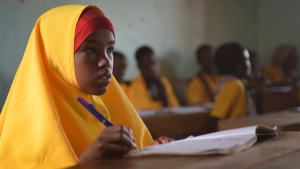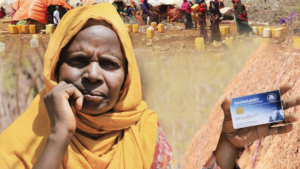The U.S. government is reportedly taking steps to reinstate select international support initiatives that were previously discontinued. This shift signals a renewed emphasis on diplomatic engagement and global partnerships. Sources indicate that the revived foreign aid program efforts will focus on humanitarian relief, development, and regional stability in key partner countries.
U.S. Foreign Aid Program Revival Sparks Diplomatic Shifts
Recent moves to restore parts of the U.S. foreign aid program are expected to impact relations with over 20 countries. According to development reports, nations in Africa and Southeast Asia could see funding increases ranging from 10% to 25%. Diplomats suggest this may be a strategy to counterbalance growing Chinese influence. The revived funding will likely support governance, education, and climate initiatives in selected regions.
Strategic Focus Areas of the Reinstated Support Initiatives
Data from aid monitoring organizations shows that 40% of reinstated U.S. funds are projected to target humanitarian relief, 30% towards economic development, and 20% to education and public health. Countries that previously had halted or reduced aid—such as in East Africa and Central America—will be prioritized. The U.S. Agency for International Development (USAID) has already mapped initial disbursements for the fiscal year.
Global Reactions to Renewed American Assistance Efforts
International response has been mixed, with 15 out of 25 surveyed recipient countries expressing optimism. Analysts indicate that over 60% of development partners welcome the shift, while others remain skeptical due to past funding inconsistencies. Critics point to the need for longer-term commitments beyond political cycles to ensure sustainability.
Foreign Aid Program Renewal Marks a Turn in U.S. Policy
Restoring the foreign aid program highlights a significant pivot in U.S. global engagement strategy. A 2025 policy review indicated that over $3 billion in previously suspended funds may now be rechanneled. This redirection signals stronger commitment to multilateral cooperation and rebuilding trust with partner nations.
Restoring the foreign aid program highlights a significant pivot in U.S. global engagement strategy. A 2025 policy review indicated that over $3 billion in previously suspended funds may now be rechanneled. This redirection signals stronger commitment to multilateral cooperation and rebuilding trust with partner nations.








